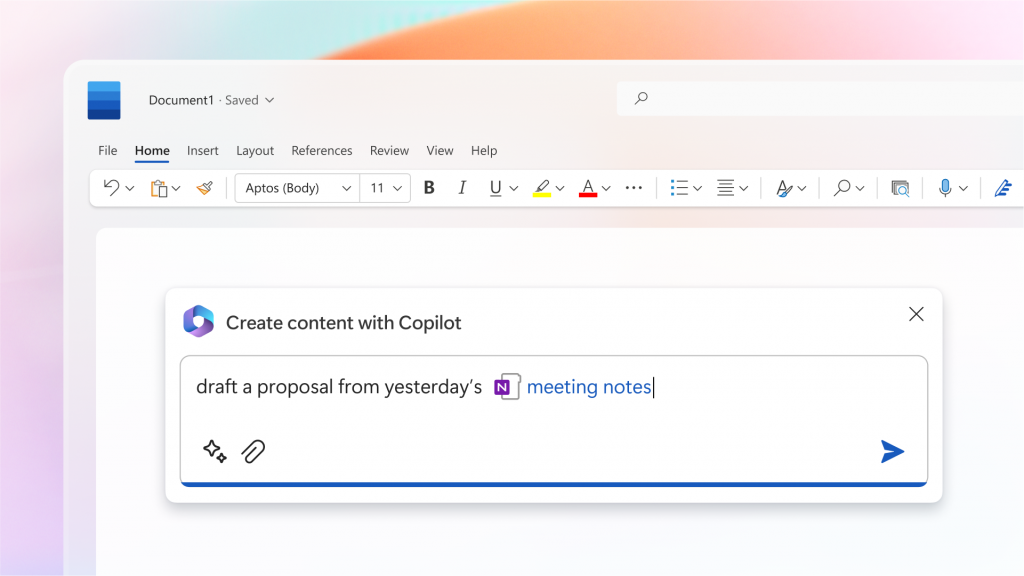AI is absolutely fantastic for editing research writing and recycling content. It's clear, concise, and accurate. It doesn't suffer from the same issues as casual writing or creative writing, because you don't need personality in the writing, just clarity and flow. A few awesome use cases:
1) Rewriting methods from an old paper. So you did the exact same thing twice, but the publisher won't let you copy word-for-word because that's plagiarism. Throw your methods into the AI with instructions to rewrite without changing any concrete details. Then edit to ensure the methods are still accurate.
2) Editing to fit new journal word limits. Journal A rejected your 3500 word manuscript. Journal B has a 3000 word limit. Instead of painstakingly cropping out sentences, send several paragraphs through your AI with instructions to improve conciseness.
3) Writing grant sections based on published papers. Lots of grants are just research papers reframed. I've copy-pasted entire sections of my results into GPT4 and sent them back to my PI as a section of his grant. What would have been 2 hours of rewriting the same thing in new words became 30 minutes of editing.
4) Case reports. Not sure about HIPAA issues with this, but I imagine it would do an amazing job writing the technical section of a case report based on clinical notes.
Review articles are basically a victory lap. A lot of them are garbage, especially when it's the 15th review on that subject published this year, but they can be immensely helpful when starting in a new field. Another great side effect is allowing academics in low-output fields to continue to focus on quality over quantity while still impressing the study section with your H-index. I know several academics whose output is basically 2-3 great papers per year but 6-8 additional reviews or perspectives. Personally I respect that approach more than pumping out 8-10 garbage studies per year. I don't think any one researcher can realistically write more than 2-3 quality papers in a year in most fields.

